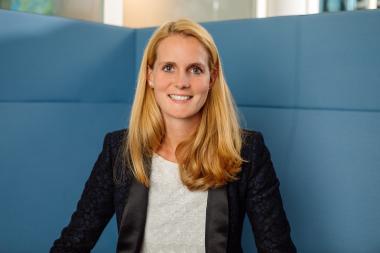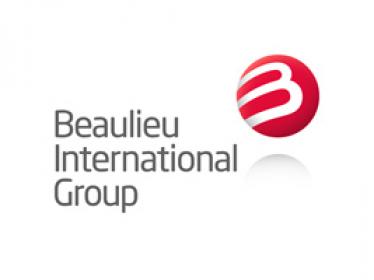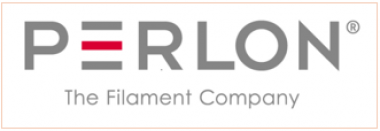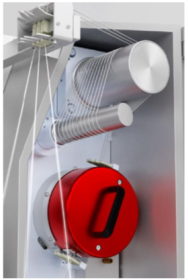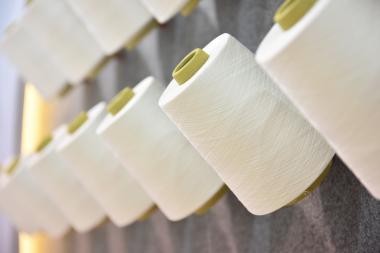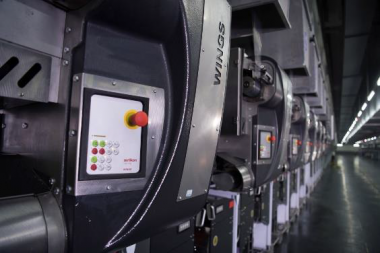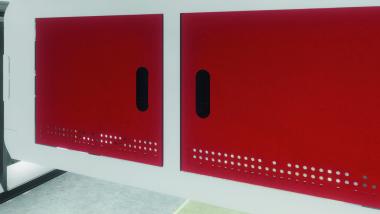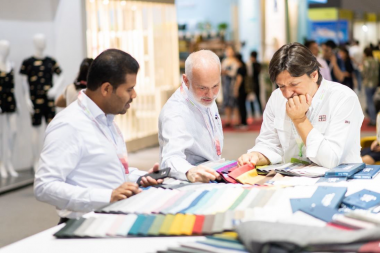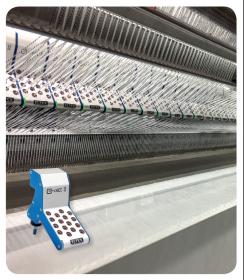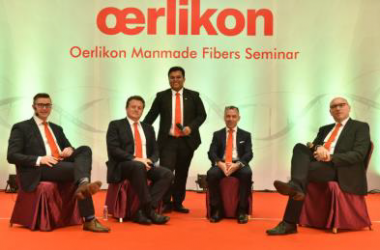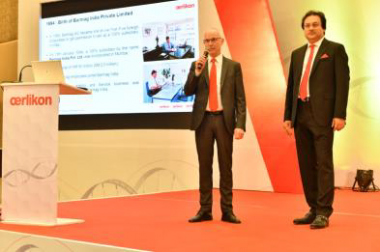Oerlikon: Commissioning of polycondensation system rounds off total industrial yarn solution
The Oerlikon Barmag Huitong Engineering joint venture, part of the Oerlikon Manmade Fibers segment, recently commissioned a polycondensation system which feeds a polyester industrial yarn system. The future operator will be industrial yarn manufacturer Jiangsu Solead New Material Group Co. Ltd., which is placing its trust in the Oerlikon Manmade Fibers ‘From Melt to Yarn’ total solution philosophy.
This successfully concludes the first phase of this major project. Oerlikon Barmag Huitong Engineering installed the polycondensation system, which has a capacity of 600 tons a day, at Jiangsu Solead New Material Group Co. Ltd. in the Chinese Jiangsu Province. This will be connected to an Oerlikon Barmag industrial yarn spinning system with a 350-ton-a-day capacity. The new systems will be deployed to produce predominantly high-tenacity (HT) yarns for use in agricultural, infrastructure, transport, security and outdoor applications. These systems can be used to manufacture yarns with up to 3 x 6,600 dtex of high yarn quality with simultaneously high production efficiency. Furthermore, low-shrinkage yarns for coating textiles and so-called LDI yarns (high-tenacity, low-denier industrial yarns) for industrial sewing yarns, among other things, are also manufactured.
Oerlikon



















